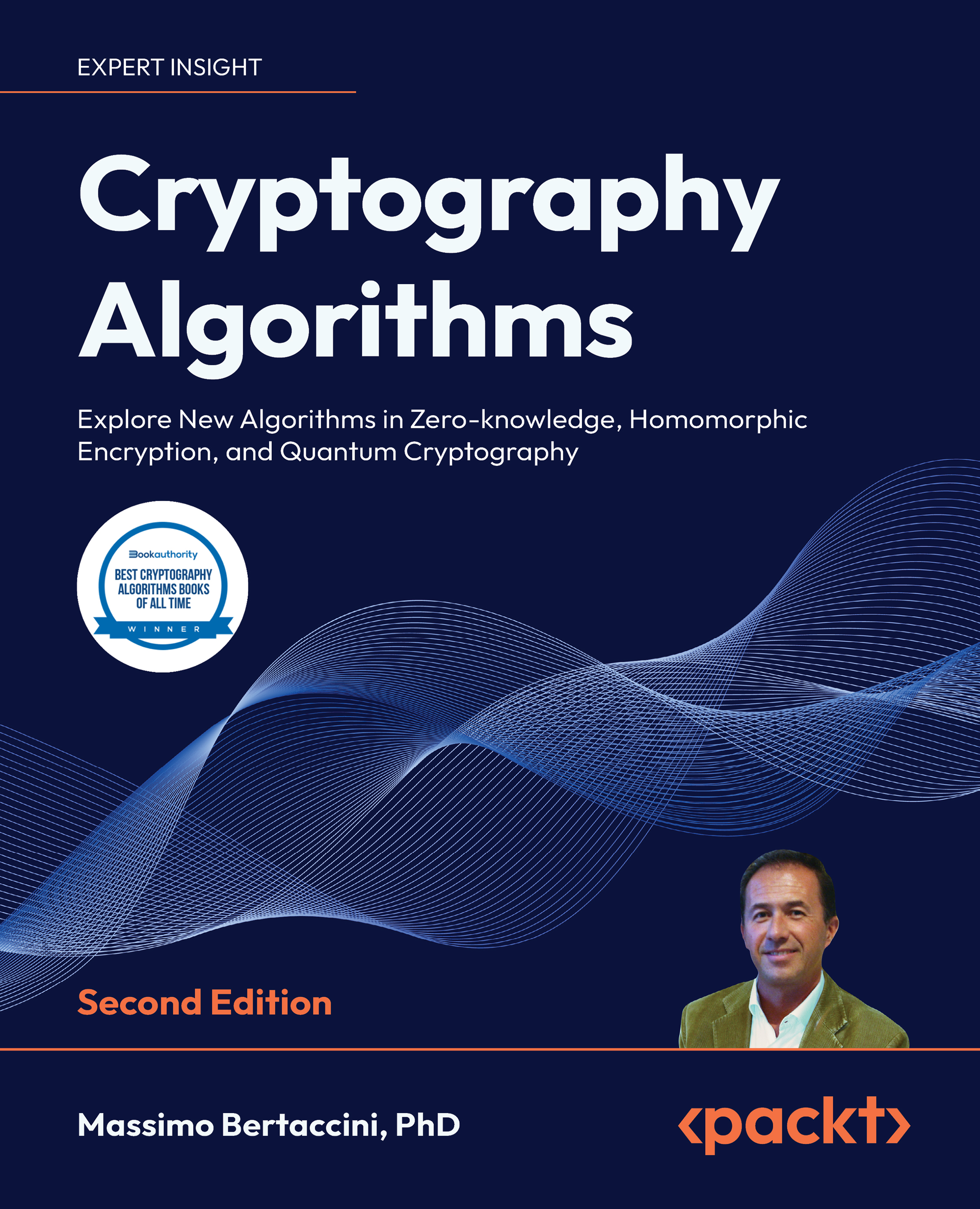Shor’s algorithm
In an interview with David Deutsch (considered one of the fathers of quantum computing), the interviewer posed a question about the philosophy of superposition, asking David, “In what way does the quantum computing community give credit to the hypothesis of a multiverse?”
David’s answer refers to Q-Cryptography and, in particular, he tries to demonstrate the existence of the multiverse through the factorization problem. I will try to paraphrase David’s answer in the following paragraph:
Imagine deciding to factorize an integer number of 10,000 digits, a product of two big prime numbers. No classical computer can express this number as the product of its prime factors. Even if we take all the matter contained in the universe and transform it into a supercomputer, which starts to work for a time long, such as the universe’s time, this instrument will not be able to scratch the surface of the factorization problem. Instead...
































































